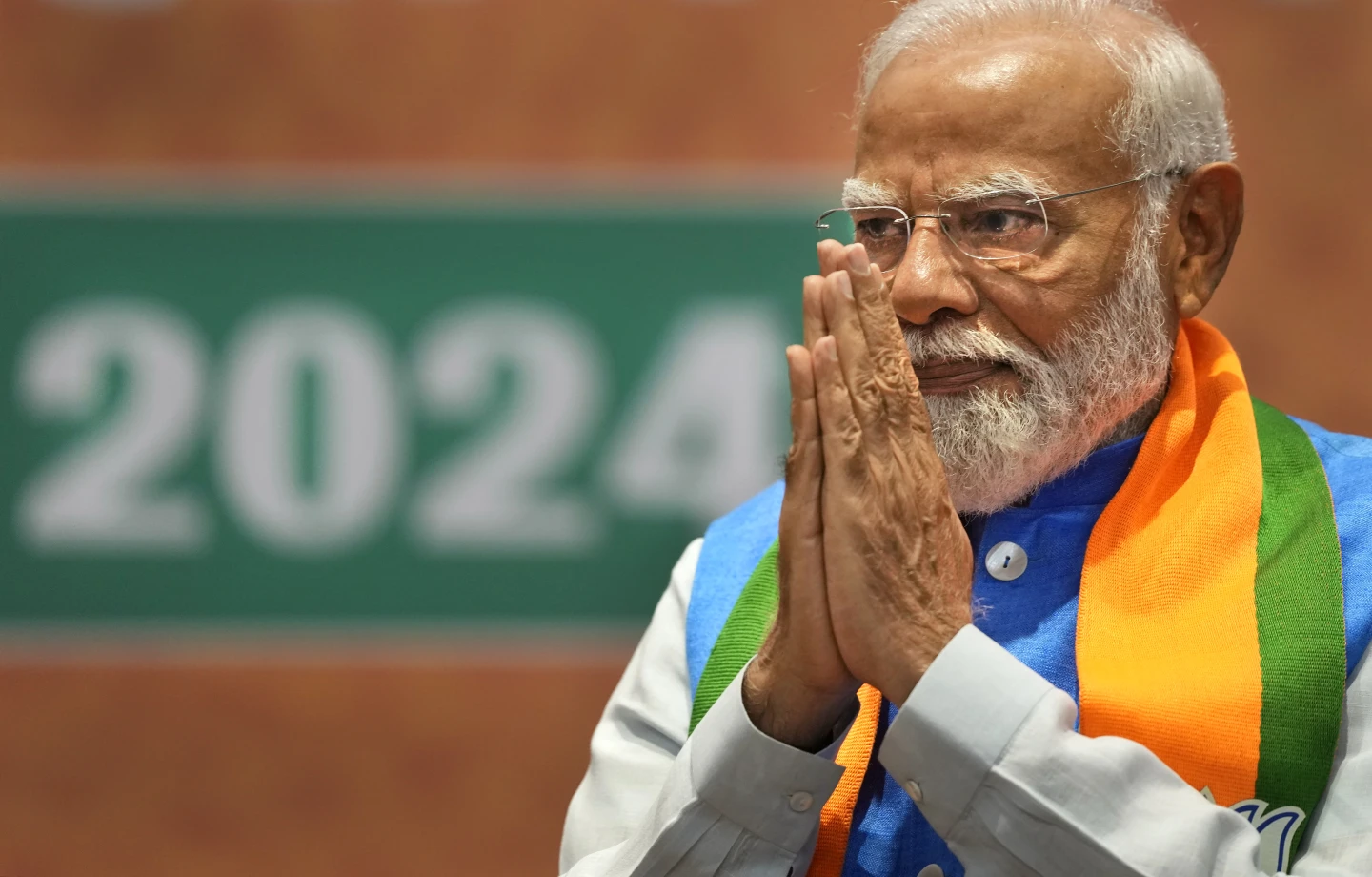Indian Prime Minister Narendra Modi is set to visit Tianjin, China, from August 31 to September 1 to attend the Shanghai Cooperation Organisation (SCO) summit, marking his first visit to China since the Galwan Valley clash in 2020. His last visit to the country was in 2019.
According to sources, before heading to Tianjin, Prime Minister Modi will visit Japan on August 30, where he is scheduled to attend the annual India-Japan Summit with Japanese Prime Minister Fumio Kishida. Following the summit in Tokyo, he is expected to travel directly to China.
Ahead of the Prime Minister’s trip, Indian Defence Minister Rajnath Singh and National Security Advisor Ajit Doval visited China for a series of SCO-related meetings. External Affairs Minister S. Jaishankar also visited Beijing recently, where he held talks with Chinese President Xi Jinping.
PM Modi’s visit comes at a time when US President Donald Trump has criticised BRICS nations for purchasing oil from Russia. Trump has accused the bloc of attempting to challenge the dominance of the US dollar. Russia, a fellow SCO member, is expected to send a delegation to the summit in Tianjin, though it remains uncertain whether President Vladimir Putin will attend.
In the context of trade, China had been a key target during the US tariff war, with duties reaching triple digits. However, the Trump administration has since rolled back most of these tariffs, currently bringing the rate down to 30 per cent amid ongoing negotiations. Meanwhile, India has also come under US scrutiny, with Washington imposing a 25 per cent tariff over its trade with Russia and threatening further measures.
In June, Indian Defence Minister Rajnath Singh participated in the SCO Defence Ministers’ meeting held in Qingdao, China. According to sources, he declined to sign a document that would have, in their words, softened India’s position on terrorism and the Pahalgam terror attack, which claimed 26 lives. Due to differences on this issue, the SCO refrained from issuing a joint statement.
Sources further stated that China, which currently chairs the SCO, along with its “all-weather friend” Pakistan, attempted to downplay the issue of terrorism in the final document, omitting any reference to the Pahalgam attack. Instead, the document reportedly made mention of Balochistan—interpreted by some as a subtle accusation against India of fomenting unrest in the province.
In contrast, China in July “strongly” condemned the Pahalgam terror attack following the United States’ decision to designate The Resistance Front as a Foreign Terrorist Organisation.
“China firmly opposes all forms of terrorism and strongly condemns the terrorist attack that occurred on April 22,” said Foreign Ministry spokesperson Lin Jian. “China calls on regional countries to enhance counterterrorism cooperation and jointly maintain regional security and stability.”
The Shanghai Cooperation Organisation has nine member states: China, India, Kazakhstan, Kyrgyzstan, Russia, Pakistan, Tajikistan, Iran, and Uzbekistan.


